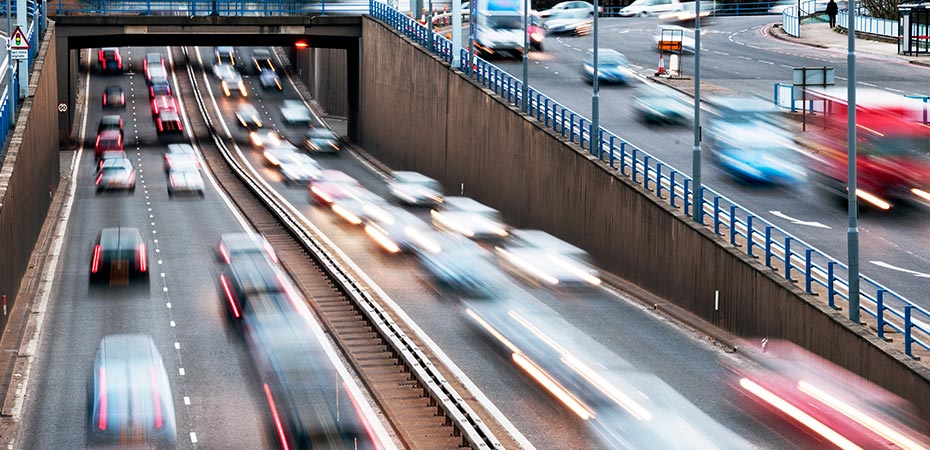When we drive we are faced with a number of different decisions that affect our behaviour on the road. We all respond differently to things like emergencies or overtaking cyclists. With autonomous vehicles (AVs) beginning to emerge, we need to consider the moral decisions that we make and what we would be comfortable delegating to technology.
Researchers from the MIT Media Lab released the results of an experiment conducted in 2014 to understand how consumers would prefer an AV to respond in a number of situations. The analysis took into account over 40 million responses.
The experiment presented a moral dilemma where participants had to decide who would be saved if an autonomous vehicle needed to swerve. It gave a selection of different demographics to choose from such as the elderly or criminals. The results highlighted that people generally preferred to save as many lives as possible.
There is general recognition that there are six levels to achieving full autonomy. As we move closer to Level 5, where driver intervention is not needed, the way we travel set to change. A discussion is needed around the level of autonomy that is possible and the regulation needed to develop them.
How will AVs make roads safer?
Accidents often occur on the road when drivers make the wrong choice. An AV’s ability to remove a driver from the decision making process should reduce errors being made and improve safety. By reducing accidents, economic benefits should also emerge as road closures and delays also decrease.
To fully leverage the economic and safety benefits of AVs, a legal and regulatory framework needs to be adopted. AVs will be developed with algorithms that ensure that damage to both human and machine are minimised. It is interesting to consider what level of decision an AV will be allowed to make.
In our report ‘The Moral Algorithm: How to set the moral compass for autonomous vehicles‘, we highlighted that AVs are different to the other forms of transport that have become automated such as driverless trains and auto-piloted aeroplanes. AVs have a wider scope for decision making when they are not travelling pre-determined journeys and they also have a more complex environment to contend with. As there are more decisions to make when driving there is more to consider when developing the level of autonomy the vehicle has.
The algorithms that are developed for AVs will need to consider acceptable scenarios where rules can be broken depending on the situation. In our report, we identified that AVs could be a difficult sell to the public.
What needs to be considered when regulating autonomous vehicles?
There is currently little regulation in place for AVs. For the public to feel confident, a legal framework is needed to ensure that consistency is adopted across development, manufacturing and launch.
Trying to apply existing law to new technologies often causes issues to arise during product development. We are already beginning to see vehicles operate at Level 3 of autonomy with advanced driver assistance offering control of lateral and longitudinal movement in specific use cases. New legislation is needed in advance before the technology moves forward to accommodate new products and developments. If this does not occur then often products end up not entering the market or additional risks are introduced.
Making way for autonomous vehicles
If AVs are trusted as a safe mode of transport they will change how we travel. For this change to happen, regulations need to be put in place to ensure safety and minimal legal risk.
Gowling WLG’s report is recommended to those working in the automotive sector. It explores the issues around ethical decision making while identifying the action that needs to be taken to develop them.
About the author(s)
Gowling WLG is an international law firm operating across an array of different sectors and services. Our LoupedIn blog aims to give readers industry insight, technical knowledge and thoughtful observations on the legal landscape and beyond.

